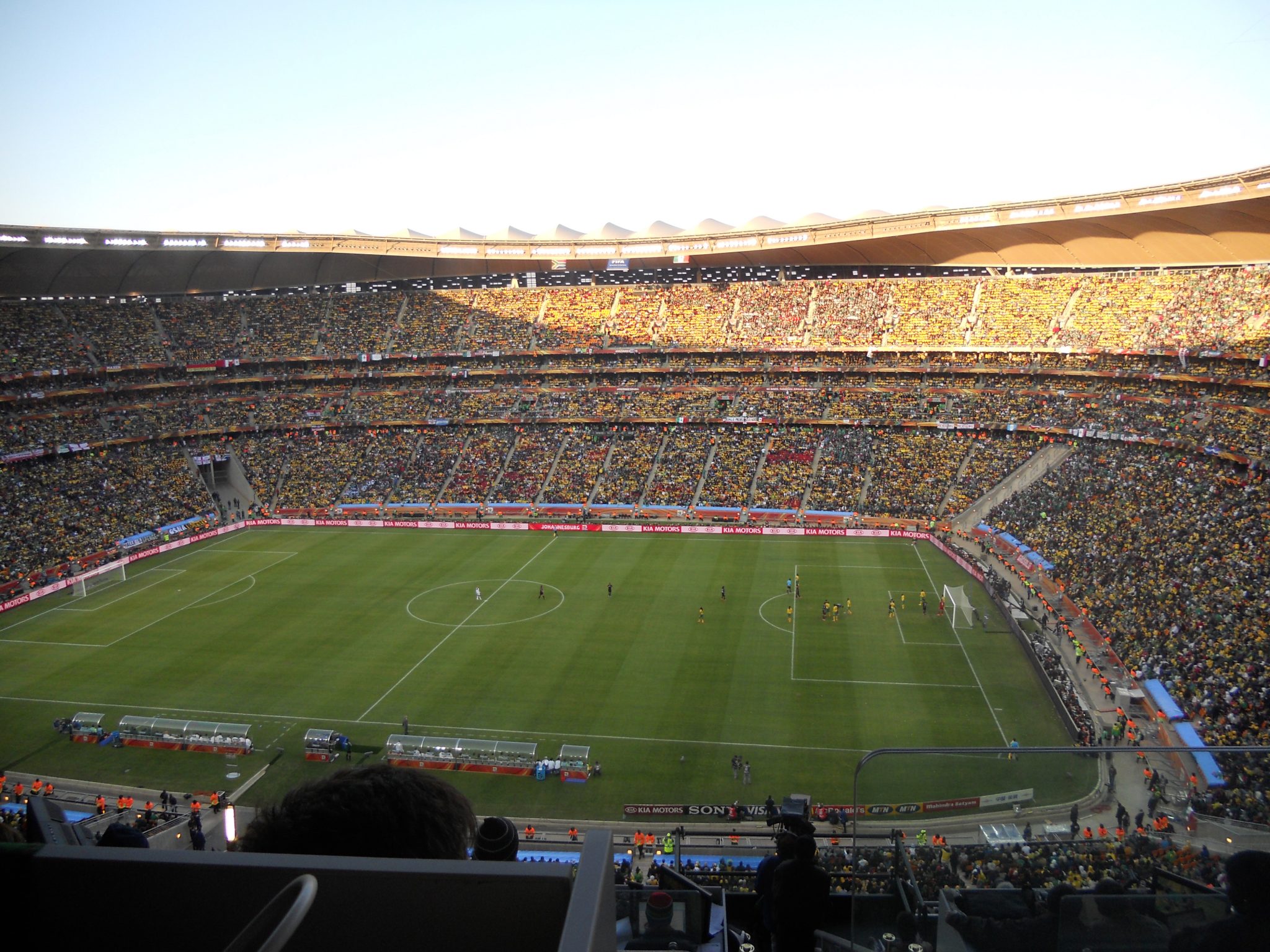Expanding the FIFA tournament isn’t the right choice


Since 1998, the World Cup has consisted of 32 teams. For the 2026 edition, FIFA, the international governing body of professional soccer, has moved to expand the tournament to 48 teams.
FIFA is expanding the tournament to encourage the development of teams from “underrepresented” federations, such as Asia, Oceania and Africa.
This expansion may assist nations to play on the world stage, but it will only serve to dilute the quality and prestige of the competition.
I love soccer. Never have I experienced such emotional peaks and valleys as I do when Croatia, the team I support, plays. Fortunately, despite being a small nation of four million that has to endure a challenging European qualifying process, they have qualified for the World Cup that is being held in Russia next summer.
However, Croatia’s road to qualification was steeped in difficulty due to an incompetent coach and apathetic players that didn’t fully utilize their athletic gifts.
If Croatia had failed to qualify, which was almost the case, I would have been very sad. Despite this, I would have still realized that, if they didn’t perform well in the qualifiers, they probably wouldn’t have deserved to compete in the tournament.
For the upcoming tournament, the Italian, Dutch, Chilean and American national teams all failed to qualify. Some of the top stars of the game compete for these teams. Their absence from the tournament will surely be missed, but it is also necessary.
The World Cup shouldn’t be a tournament where more prominent and star-studded teams — such as the Italian and Dutch teams — are entitled to play in. An expanded tournament leads to a less difficult qualification process, therefore increasing the odds that notable teams will qualify.
When teams like the Netherlands or Italy fail to qualify for the tournament, soccer fans should not despair; they should rejoice. The failure of these teams indicates that even established soccer powers can fail to live up to the standards to which they are held. The current qualifying process creates uncertainty which, in turn, contributes to an even more exciting tournament for fans.
This 2026 expansion of the tournament, which seemingly helps promote the interests of disadvantaged nations at the expense of the integrity of the system as a whole, is harmful to the spirit and competitive nature of the FIFA World Cup.
Furthermore, the 2026 qualification format for the tournament will enable continents to send a greater amount of teams to the tournament. For example, Asia and Africa will be able to send 3 and 4 more teams, respectively, to the tournament.
Historically, the World Cup has disproportionately favoured European and South American teams in the qualification process by granting them with more slots to qualify from.
Since 1950, out of 17 tournaments, only once has an Asian team progressed to the semi-finals. Never has an African, North American or Oceanic team progressed past the quarter-finals.
Maybe the reason why teams from less reputed confederations are underrepresented is that they deserve to be underrepresented. They simply don’t possess the talent to compete effectively in the tournament.
European and South American nations can boast of more eminent domestic leagues that allow their homegrown players to accumulate the talent necessary to compete on the world stage. Nations in other parts of the world lack this soccer infrastructure.
As a soccer fan, I’m always rooting for the underdog. But by expanding the number of underdogs in the tournament, the more likely it is that those teams that didn’t deserve to qualify in the first place will succumb to teams like Germany or Brazil and leave embarrassed.
This 2026 expansion of the tournament, which seemingly helps promote the interests of disadvantaged nations at the expense of the integrity of the system as a whole, is harmful to the spirit and competitive nature of the FIFA World Cup.


